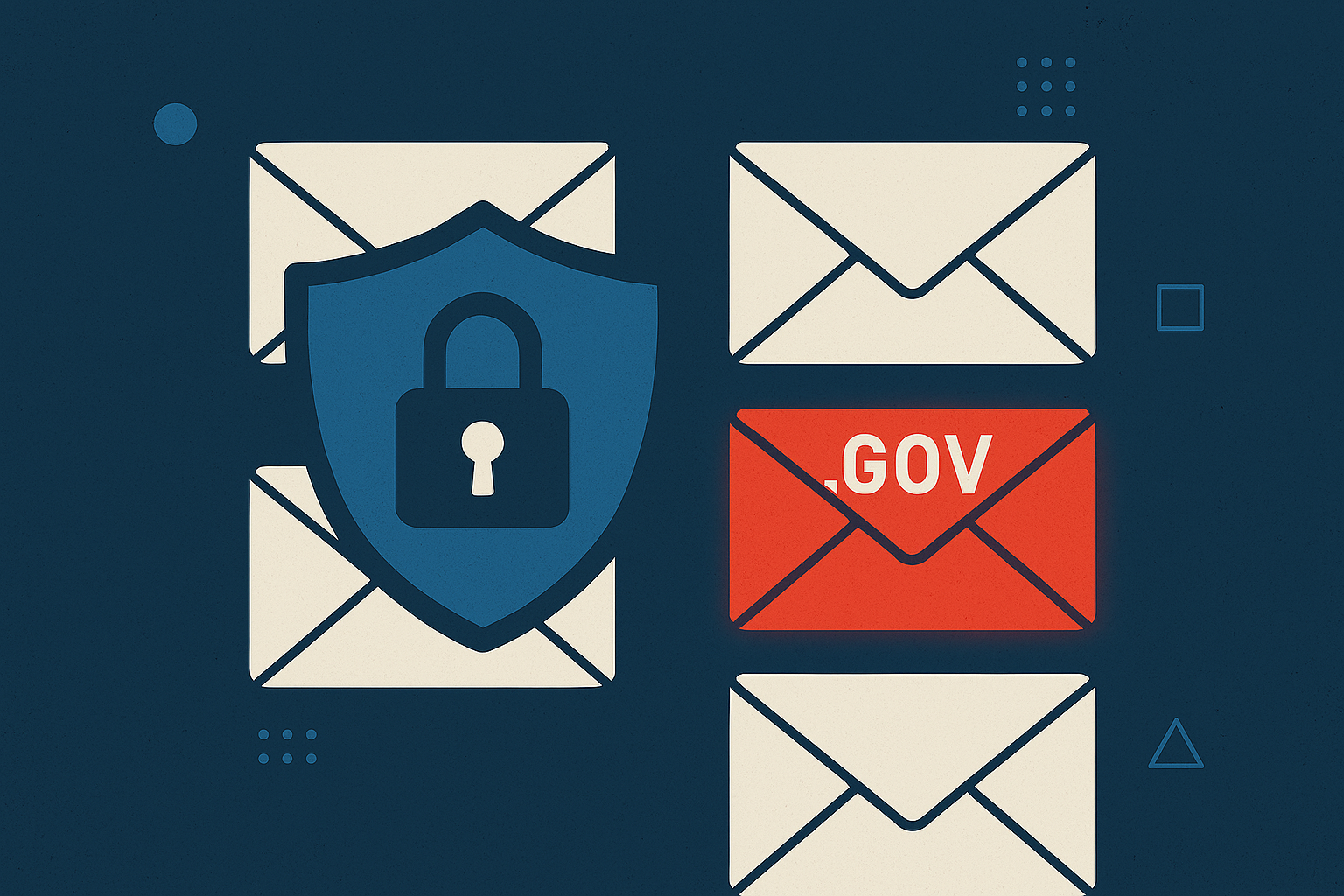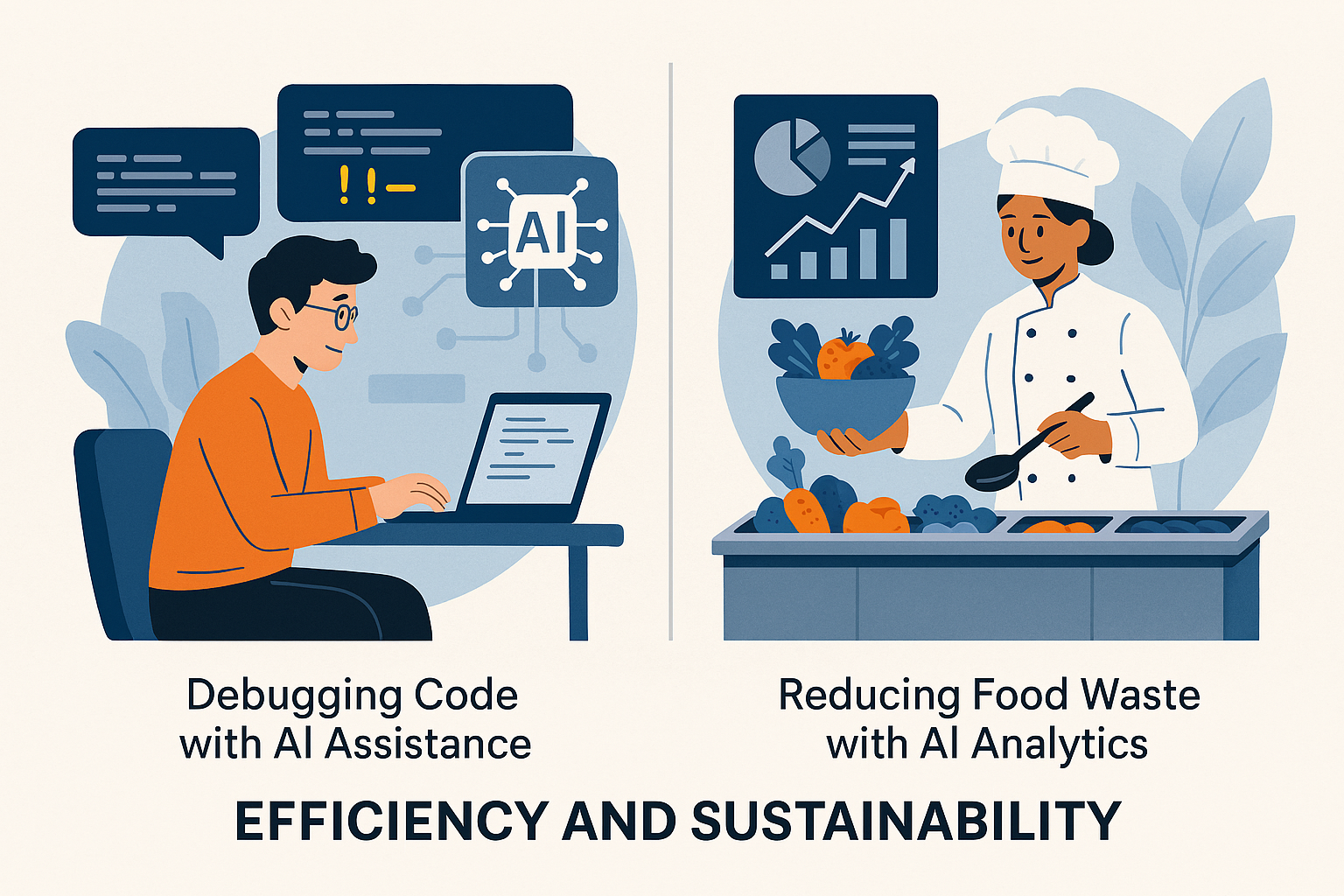The Growing Threat of Stolen Government Email Accounts on the Dark Web
Introduction
Government institutions rely on public trust. When email accounts from official domains like .gov or .police are stolen, the damage can be serious. Recent research shows that stolen government email accounts are available on underground markets for as little as $40. Criminals can use these accounts to impersonate officials, request sensitive data, and gain access to restricted systems. In this article, we explain how attackers steal accounts, why they are so valuable, and how agencies can reduce the risk.
How Attackers Steal Government Email Accounts
Cybercriminals do not need highly advanced tools to compromise official accounts. Instead, they use a mix of simple but effective tactics:
- Password Reuse and Credential Stuffing
Many employees reuse the same password across different systems. Attackers test these passwords against stolen databases, which often leads to account takeovers. - Infostealer Malware
Malware can quietly collect login details from browsers or email apps. Criminals then buy and resell these stolen credentials in bulk. - Targeted Phishing
Attackers also run phishing campaigns that trick staff into handing over login details. Without multi-factor authentication, one stolen password may be enough to break in.
As a result, poor password hygiene and weak defenses give attackers a clear path to high-value accounts.
How Stolen Government Email Accounts Are Sold and Used
Once attackers gain access, they do not keep it to themselves. Instead, they sell the accounts on hidden platforms.
- Sales on Encrypted Apps
Criminals often trade accounts on Telegram, Signal, and underground forums. They usually provide buyers with full login access. - Marketing With Use Cases
Sellers promote the accounts by showing how they can be used: impersonating officials, sending emergency data requests, or filing fake subpoenas. - Exploiting Institutional Trust
Emails from real government domains appear credible, unlike spoofed messages. Automated systems and human recipients are far more likely to trust them. - Bundled Access to Systems
Some sellers add extra value by including access to restricted portals or databases, which makes these accounts even more dangerous.
Therefore, stolen accounts are not just digital assets. They are powerful tools that criminals can use to bypass defenses and deceive targets.
Why Stolen Accounts Are So Dangerous
The true risk comes from the trust that government email accounts carry. This trust creates three main dangers:
- Fake Emergency Requests
Criminals can send urgent requests to service providers. Because these emails look official, providers may act without verifying them. - Bypassing Security Filters
Many security systems automatically trust government domains. As a result, malicious messages may reach inboxes without being flagged. - Access to Exclusive Systems
Verified accounts can unlock restricted systems and datasets, which increases the damage attackers can cause.
In other words, trust is being turned into a weapon. One stolen account can lead to large-scale breaches.
How Agencies Can Defend Against This Threat
Even though the risk is rising, agencies can take clear steps to reduce it:
- Enforce Strong Password Policies
Train staff to use unique, strong passwords. Provide password managers to make this process easier. - Adopt Multi-Factor Authentication
Require MFA for all accounts. Hardware tokens or FIDO2 keys make it much harder for attackers to break in. - Monitor Account Activity
Watch for unusual login attempts, such as sign-ins from foreign IP addresses. Quick response can stop further abuse. - Verify Emergency Requests Separately
Agencies and service providers should confirm urgent requests through alternate channels before sharing sensitive data. - Apply Least Privilege Access
Limit each account to the exact systems and data needed for its role. This prevents stolen accounts from unlocking too much. - Educate Staff and Partners
Train employees, vendors, and partners to spot suspicious activity. Awareness is one of the strongest defenses. - Check for Credential Exposure
Regularly scan for government emails in leaked data sets. Detecting exposures early allows agencies to reset accounts before criminals act.
By combining these measures, agencies can make it far harder for criminals to profit from stolen accounts.
Conclusion
The trade in stolen government email accounts shows how trust can be turned into a cyber weapon. For as little as $40, attackers gain the power to impersonate officials, demand sensitive data, and exploit systems that rely on domain credibility. However, with strong password practices, widespread use of MFA, and strict verification procedures, agencies can reduce this risk. Protecting these accounts is not only a technical task—it is also essential to protecting public trust.




Comments are closed